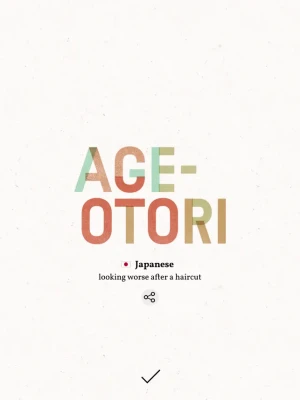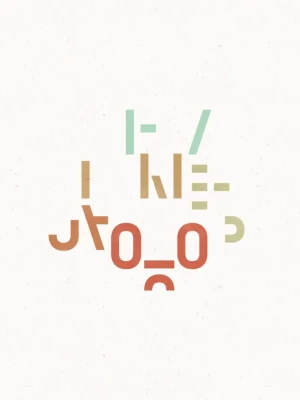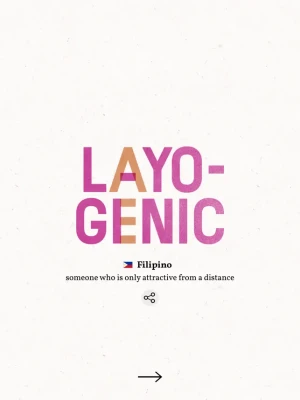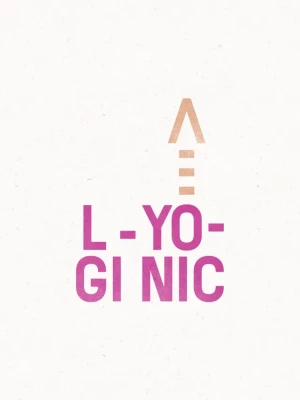
Latest Version
2.04\"},{\"releaseDate\":\"2021-02-23
August 25, 2025
A Game of Untranslatable Words
Games
iOS
71.3 MB
0
Free
Report a Problem
More About Sticky Terms
Discover 250 Unique Words Without English Equivalents
Language is a fascinating tapestry woven from the threads of culture, history, and human experience. Each language carries unique words that encapsulate concepts, emotions, and experiences that may not have direct translations in other tongues. In this article, we will explore 250 intriguing words from various languages that lack direct English equivalents, enriching your vocabulary and understanding of global cultures.
The Beauty of Untranslatable Words
Untranslatable words often reflect cultural nuances and societal values. They can express feelings, situations, or ideas that are deeply rooted in the experiences of a particular community. Understanding these words can enhance your appreciation for different cultures and broaden your linguistic horizons.
Exploring Unique Words from Around the World
Here are some captivating examples of words that have no direct English counterparts:
1. Schadenfreude (German)
This term describes the pleasure derived from someone else's misfortune. It captures a complex emotion that many people experience but often find difficult to articulate.
2. Tsundoku (Japanese)
Tsundoku refers to the act of acquiring books and letting them pile up without reading them. This word beautifully encapsulates the love for literature and the struggle of time management.
3. Meraki (Greek)
Meraki is a word that signifies doing something with soul, creativity, or love. It’s often used to describe the act of pouring oneself into a task, making it a perfect term for artists and creators.
4. Wabi-Sabi (Japanese)
This concept embraces the beauty of imperfection and transience. Wabi-sabi encourages appreciation for the natural cycle of growth and decay, promoting a deeper connection with the world around us.
5. Hygge (Danish)
Hygge embodies a feeling of coziness and contentment, often associated with warm blankets, good company, and a peaceful atmosphere. It reflects the Danish philosophy of enjoying life’s simple pleasures.
Why These Words Matter
Understanding untranslatable words can enhance your communication skills and cultural awareness. They often express emotions or concepts that are universal yet difficult to convey in English. By incorporating these words into your vocabulary, you can enrich your conversations and connect more deeply with others.
How to Incorporate Untranslatable Words into Your Vocabulary
Here are some tips for seamlessly integrating these unique words into your everyday language:
- Contextual Usage: Use these words in appropriate contexts to convey specific emotions or ideas. For example, when discussing a friend’s misfortune, you might say, “I felt a bit of schadenfreude when I heard about his mishap.”
- Creative Writing: Incorporate these words into your writing to add depth and nuance. They can help paint a vivid picture or evoke a particular feeling in your readers.
- Language Learning: If you’re learning a new language, pay attention to untranslatable words. They can provide insight into the culture and mindset of native speakers.
Conclusion: Embrace the Richness of Language
Exploring words without English equivalents opens a window into the diverse ways people express their thoughts and feelings. By embracing these unique terms, you not only expand your vocabulary but also gain a deeper understanding of different cultures. So, the next time you encounter a word that doesn’t translate, take a moment to appreciate the richness it brings to the tapestry of human language.
In a world that often feels divided, these words remind us of our shared experiences and the beauty of diversity. Let’s celebrate the uniqueness of language and the connections it fosters across cultures.
Rate the App
User Reviews
Popular Apps










Editor's Choice





























